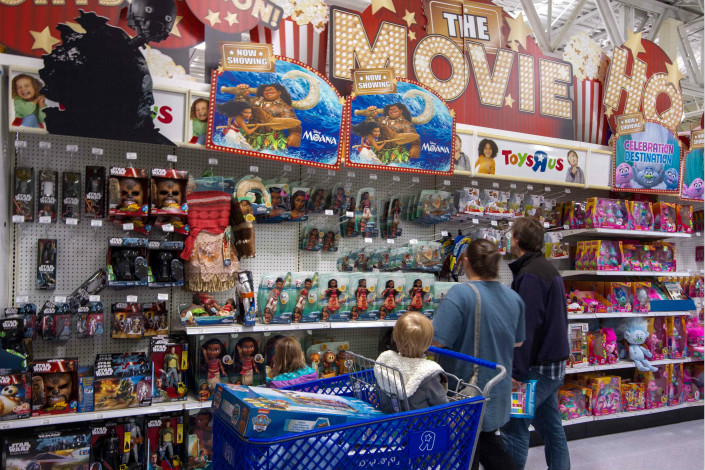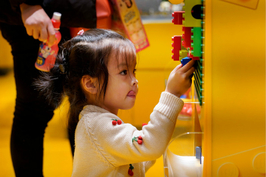Mattel Boosts China Play with NetEase Joint Venture

Global toy-maker Mattel Inc. announced a new digital-products joint venture with Chinese gaming giant NetEase Inc., as the U.S. firm tries to recast itself as a high-tech leader and major player in China.
The new joint venture, Mattel163, will be a “world-class publishing and development studio,” creating a wide variety of digital products based on the U.S. partner’s well-known brands such as Barbie dolls and Hot Wheels cars, the company said in an announcement on Tuesday.
Financial details were not disclosed.
The joint venture’s first product will be based on Mattel’s game Uno, now available on Facebook Messenger and being developed as a mobile app. Mattel163 will later seek to create more mobile games and educational apps based on its brands, the company said.
The name “Mattel163” combines the U.S. firm’s brand with one of NetEase’s brands, based on its original 163.com website. From its roots as a web portal operator, NetEase has evolved into the country’s second-largest game publisher, developing some of China’s most popular homegrown games. It is also active in online education with its massive open online courses.
“By combining NetEase’s leadership in game development and publishing with Mattel’s expansive portfolio of global consumer brands, Mattel163 is poised to build captivating and creative mobile experiences,” said Sid Mathur, Mattel’s chief strategy and development officer.
After experiencing declining sales and profit for the past four years, Mattel has been actively seeking Chinese partners as part of a push to reverse its fortunes. China has become one of the world’s largest toy markets over the last decade, fueled by the country’s now-defunct one-child policy, which prompted parents to spend lavishly on the latest high-tech toys for their sole offsprings.
Last year, Mattel announced a new joint venture to create play clubs in China with local private equity giant Fosun Group. It also partnered with Babytree, an online parenting community, to develop an early-childhood learning and development online platform, and tied up with e-commerce juggernaut Alibaba Group Holding Ltd. in online sales.
It said last year that it could boost its China sales by three to four times their current levels by 2020 if it executes well on a broader strategy to create a more-integrated ecosystem of high-tech toys and related services.
China toy sales grew 7.4% to top 69.3 billion yuan (about $10 billion at the time) in 2016, according to market research firm Euromonitor.
Contact reporter Coco Feng (renkefeng@caixin.com)

- 1China Officials Dismiss Tax Hike Rumors After Tech Selloff
- 2Cover Story: How Gutter Oil Became a Prized Fuel for International Airlines
- 3Prominent Chinese Journalist Liu Hu Detained by Police in Chengdu
- 4Maersk Unit Takes Over CK Hutchison Panama Ports After Court Ruling
- 5China Provinces Set Cautious 2026 Growth Targets
- 1Power To The People: Pintec Serves A Booming Consumer Class
- 2Largest hotel group in Europe accepts UnionPay
- 3UnionPay mobile QuickPass debuts in Hong Kong
- 4UnionPay International launches premium catering privilege U Dining Collection
- 5UnionPay International’s U Plan has covered over 1600 stores overseas






